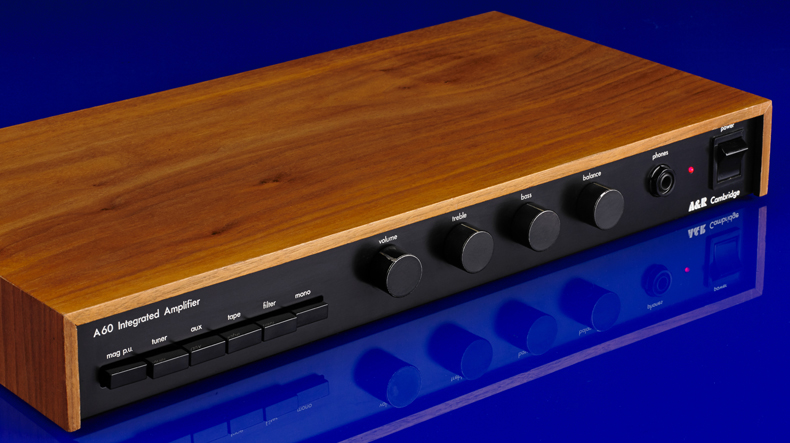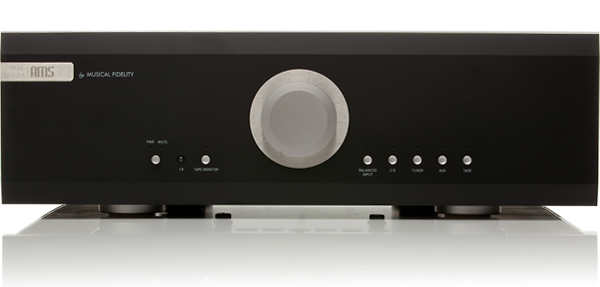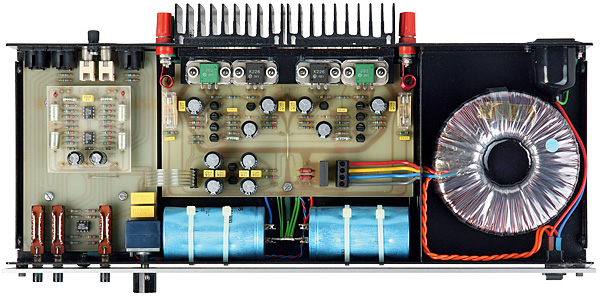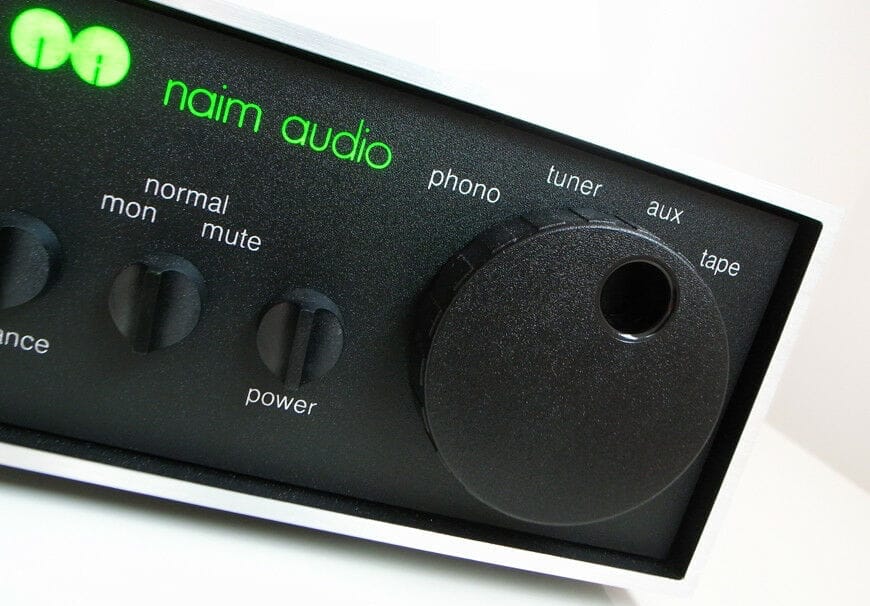This Tellurium Q power amplifier, another example of a great British hi-fi ‘what-if,’ debuted on the scene in 2012, promising so much. This newish British startup isn’t prone to exaggeration; rather, the excitement sprang from the fact that it was designed by Colin Wonfor, formerly of Inca Tech and one of the industry’s many eccentric geniuses. This is why the SOCA sounds so fantastic; however, it is no longer available.
We’re looking at a stereo power amplifier that’s big, bulky, and hefty. Due to its full Class A single-ended functioning, it’s a DC-coupled design employing Colin’s chosen MOSFETs, paralleled up and delivering a modest 18W RMS per channel. It gets pretty hot when used, albeit thankfully not as hot as a Musical Fidelity A1, but that’s the exception. The damping factor is reported to be 93, which is very high, and as a result, it sounds strange for a Class A amplifier, as we’ll see…
You absolutely must use sensitive loudspeakers; there is no way around it. I tested a few, and discovered that they performed particularly well with Cambridge Audio AeroMax 6s; they were a little less expensive than you might anticipate, but they proved to be a popular pairing. For volume control, I used the MF Audio Passive Preamplifier, and the result was heroically good sounding. The SOCA isn’t the swankiest finished product in the world; if it were Japanese, important personnel would very certainly be expected to resign over the casework. But that’s missing the point; the sound is incredible.
This amplifier has an extraordinarily captivating sound that sidles its way into your soul and keeps you completely entranced in a way that practically no other solid-state amplifier can. It has a clear, smooth, sweet tone to it that is neither syrupy nor harsh. If the amplifier isn’t required to drive a heavy load, the bass is surprisingly tight. Female vocals are a revelation; you get the impression that this is how great valve amplifiers should sound. Midband is as pure as optical glass and yet never sounds polished, plated, or fake. Some do, but the majority do not. The treble is light, airy, and lovely. It appears to be exceptional value for the money.
However, great sound isn’t enough. Soon after its release, the amplifier was taken off the market. The reasons are complicated, but the bottom line is that the corporation decided it preferred a tranquil life and should focus on its core competency, which is fine sounding interconnects. The SOCA has always felt like a one-of-a-kind product, and Tellurium Q’s MD Geoff Merrigan admitted to me once that he never anticipated it to earn money, even at its £4,800 selling price. It didn’t work out, and the corporation drifted away from its goals. That means they’re a terrific second-hand deal right now, but I expect they’ll quickly vanish from the used market as owners realize what a rare beast they have.







